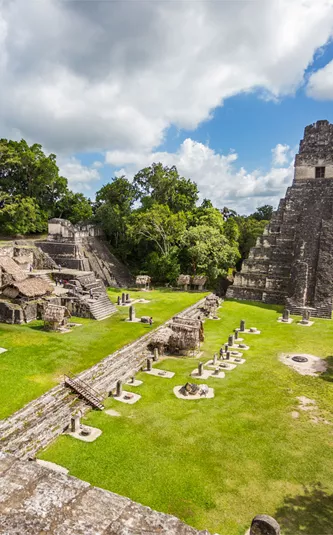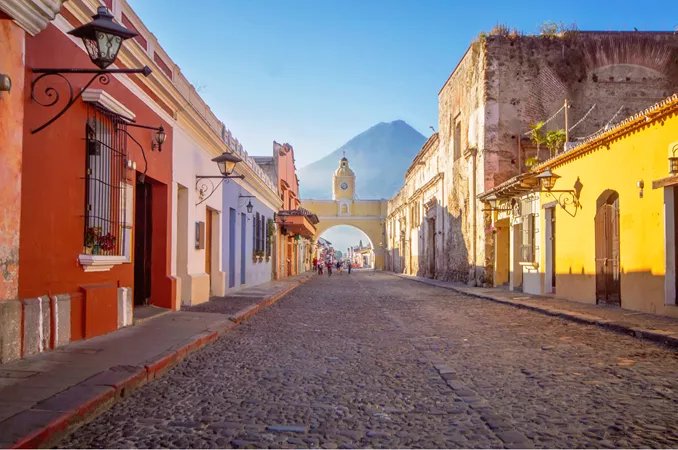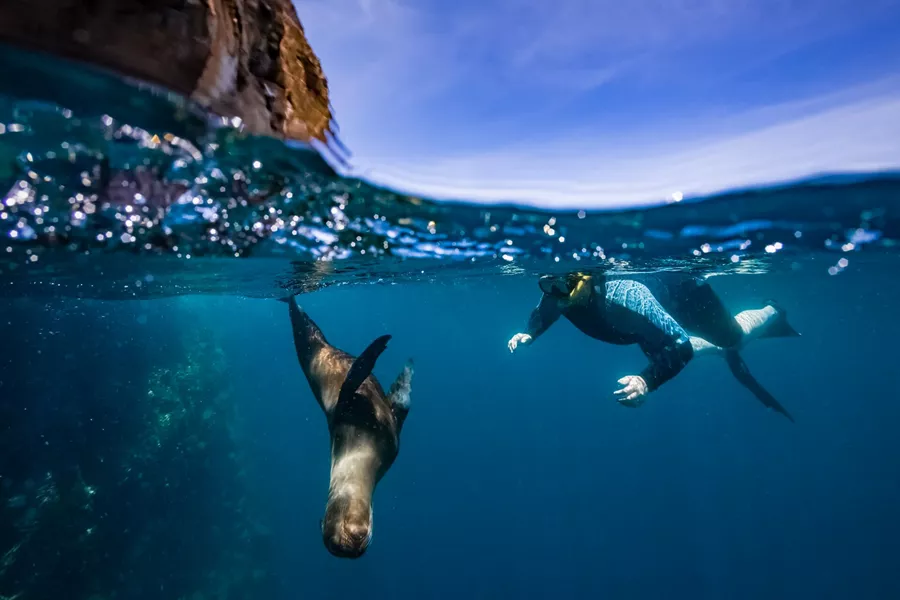The people of Guatemala are known for their rich cultural heritage, which is a blend of indigenous Mayan, European and Caribbean influences. This diversity is reflected in their languages, traditions, and lifestyles.
A handshake is a warm way to greet someone and eye contact during greetings as it is considered a sign of respect and sincerity. Avoid touching people on the head and pointing as they’re considered disrespectful in Mayan culture. When meeting someone for the first time, use formal titles such as Señor or Señora followed by their last name if you know it.
If invited to a home in Guatemala, it's polite to bring a small gift like flowers, chocolates or a bottle of wine. Use both hands to present or accept a gift and give thanks.
When dining, wait for your host to begin eating before you start and finish everything on your plate as a sign you've enjoyed your meal.
Guatemala is predominantly Roman Catholic, with significant Protestant and indigenous Mayan religious communities. Dress modestly when visiting religious sites and avoid interrupting ceremonies or rituals. Ask permission before taking photographs of people or sacred sites.









